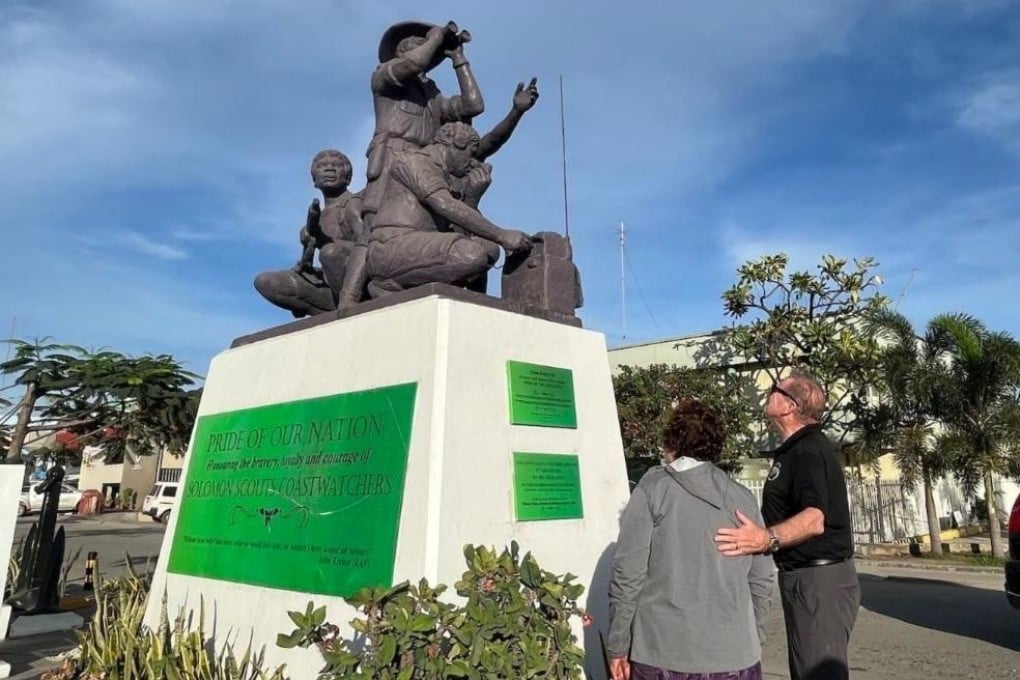2 US House members visit Solomon Islands but prime minister is ‘unavailable’ for meeting
- Trip comes just weeks after Chinese President Xi Jinping and the Solomons’ leader held talks in Beijing, pledging to form ‘greater synergy’ between the nations
- Washington has been stepping up its engagement in the Pacific Islands, including reopening its embassy in the Solomons

Two Republicans from the US House of Representatives, one a member of the select committee on the Chinese Communist Party, met with opposition leaders in the Solomon Islands this week as part of an Indo-Pacific trip that also included a visit to Australia.
They were unable to see the Solomons’ prime minister, Manasseh Sogavare, according to a press release from House committee, which said he was “unable to make time in his schedule”.
Neither the select committee nor the two officials responded to requests for comment on the reasons provided by the Solomon Islands, and representatives from the Solomon Islands in the US could not be reached.
On July 10, Sogavare and Xi pledged to establish a “comprehensive strategic partnership” and form “greater synergy” between China’s Belt and Road Initiative and the islands’ 2035 development strategy. The two sides also signed a raft of deals covering development, trade, infrastructure and policing – allowing China to maintain a police presence in the Solomon Islands for another three years.
The US visit came as Washington steps up its engagement in the Pacific Islands.
